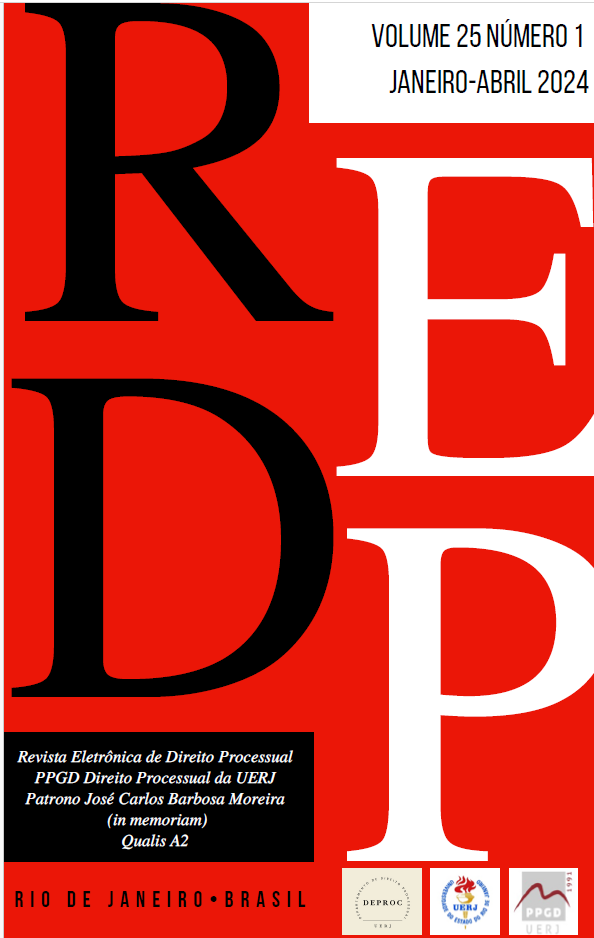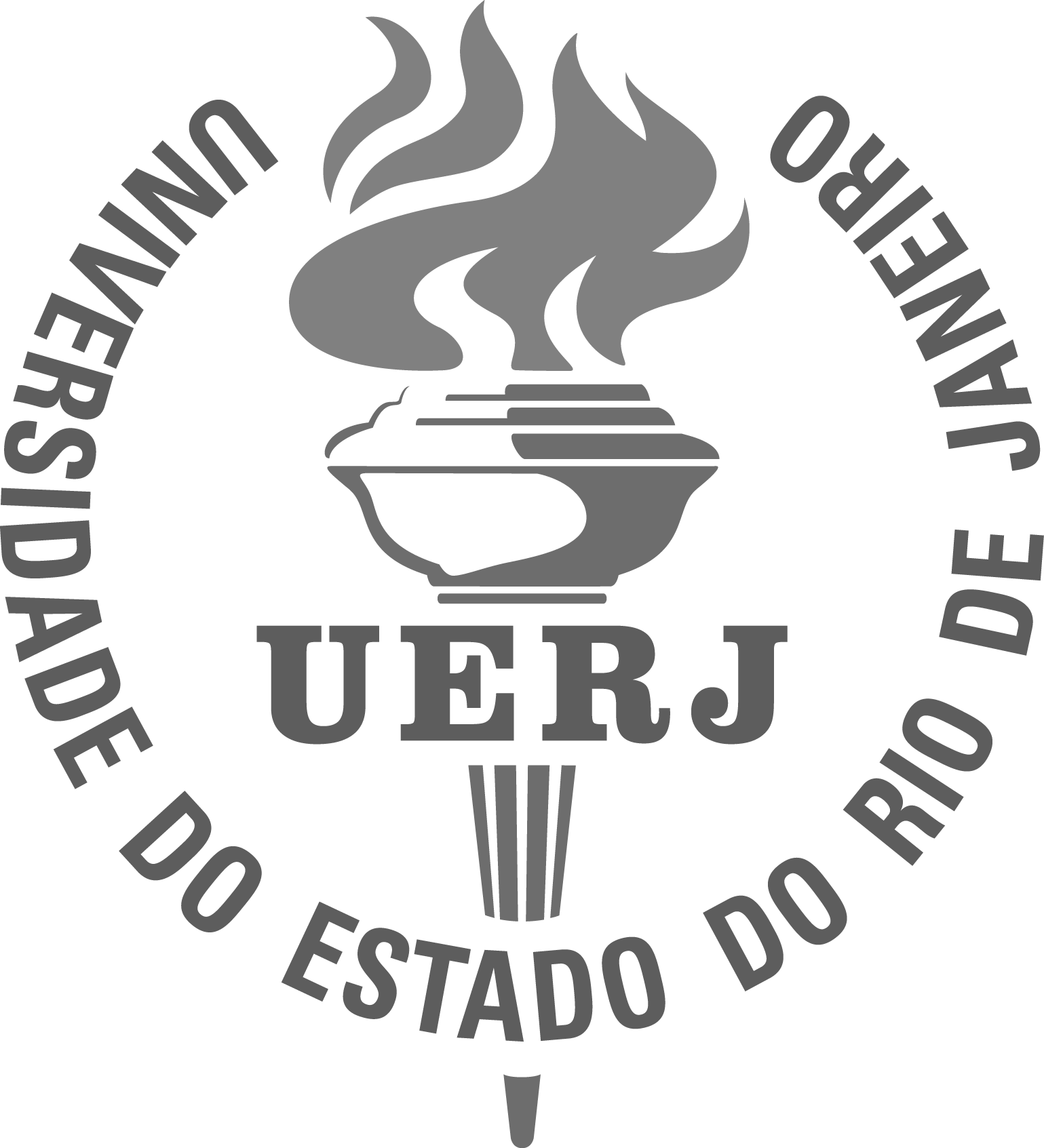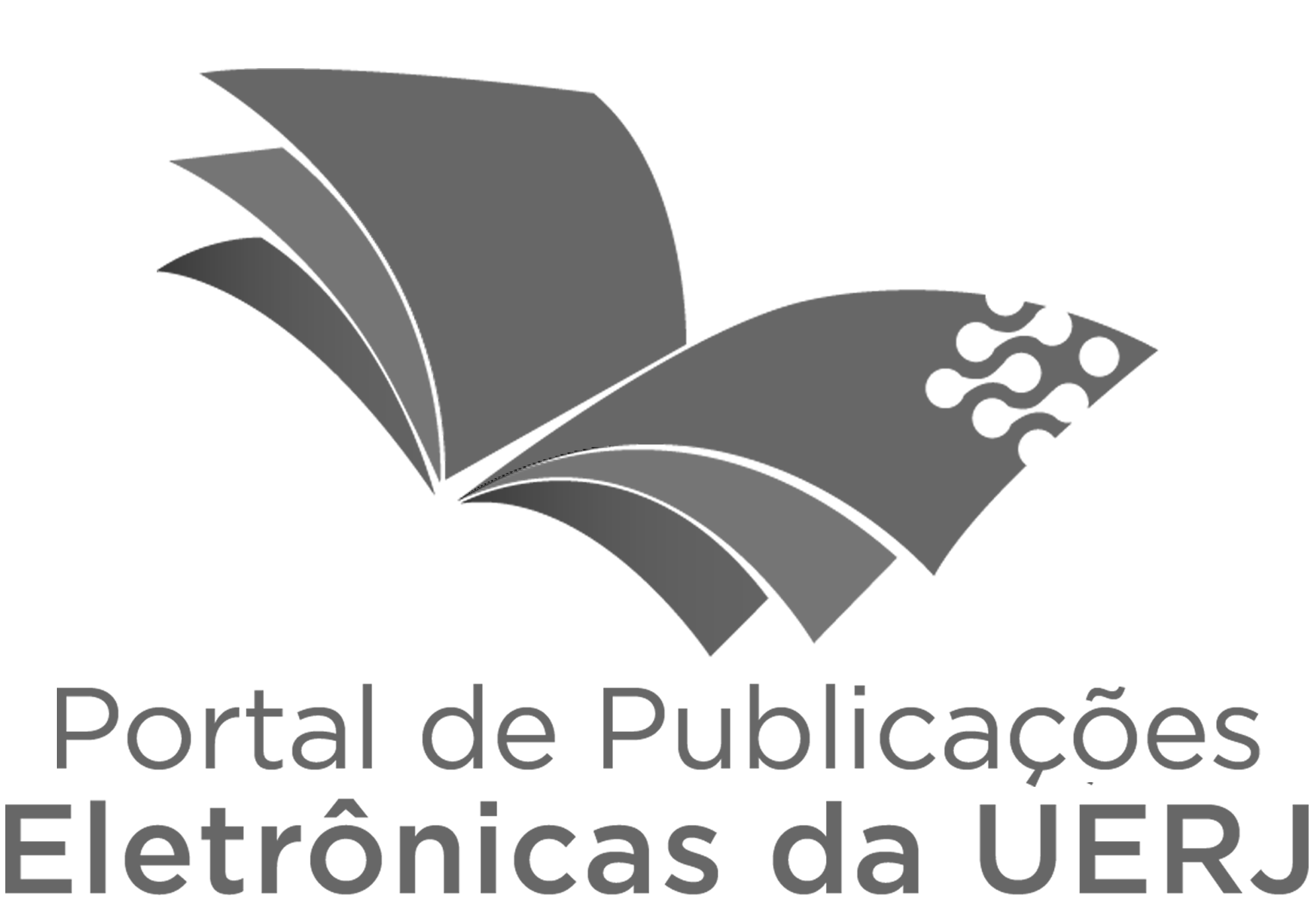AS TECNOLOGIAS DE INFORMAÇÃO E O PROCESSO ARBITRAL TRIBUTÁRIO EM PORTUGAL
DOI:
https://doi.org/10.12957/redp.2024.81922Abstract
The Portuguese tax arbitration process constitutes an innovative alternative means of resolving tax disputes and stands as a successful international example. Created by Decree-Law No. 10/2011, dated January 20th, it represents a relevant alternative to the first-instance tax jurisdiction exercised by the institutional courts of the State in cases covered by Article 2 of the RJAT (Legal Regime of Arbitration in Tax Matters).
This arbitration process relies heavily on electronic means, notably the platform available on the CAAD website, leading to a dematerialization of the proceedings. The utilization of new technologies and specific rules within the arbitration framework allows for an average process completion time of around five months.
In this communication, we will analyze how the arbitration process unfolds and to what extent new technologies influence each of its phases. We will observe that the use of electronic means enhances efficiency in evidence production, allows for flexible process organization, and reduces certain formalities compared to traditional tax courts.
Downloads
Published
How to Cite
Issue
Section
License
Copyright (c) 2024 Suzana Fernandes da Costa, Ana Martins Araújo

This work is licensed under a Creative Commons Attribution 4.0 International License.
Todos os artigos publicados na Revista Eletrônica de Direito Processual (REDP) (Departamento de Direito Processual, Universidade do Estado do Rio de Janeiro, Brasil) são licenciados por meio de uma Licença Creative Commons - Atribuição 4.0 Internacional (CC BY 4.0).
Os autores retêm os direitos autorais de seu artigo e concordam em licenciar seu trabalho com a licença CC BY 4.0, aceitando assim os termos e condições específicos desta licença disponíveis no seguinte website: https://creativecommons.org/licenses/by/4.0/legalcode.
- Os autores concedem à REDP o direito de primeira publicação, de se identificar como publicadora original do trabalho e concedem à revista uma licença de direitos não exclusivos para utilizar o trabalho das seguintes formas: Reproduzir, vender e distribuir cópias eletrônicas ou impressas do manuscrito como um todo, de partes específicas do manuscrito e de suas traduções para qualquer idioma;
- O uso do artigo por terceiros é livre, contanto que a integridade da publicação seja mantida e seus autores originais, periódico de primeira publicação e detalhes de citação sejam identificados.
Dentro dos termos da licença, os autores podem entrar em acordos contratuais adicionais separados para a distribuição não exclusiva da versão publicada do trabalho na revista.
Copyright and Licensing
All articles published in the Procedural Law Electronic Review (REDP) (Department of Procedural Law, State University of Rio de Janeiro, Brazil) are licensed under a Creative Commons License - Attribution 4.0 International (CC BY 4.0).
- Authors retain copyright to their article and agree to license their work under the CC BY 4.0 license, thereby accepting the specific terms and conditions of this license available at the following website: https://creativecommons.org/licenses/by/4.0/ legal code.
- Authors grant REDP the right of first publication, to identify itself as the original publisher of the work, and grant the journal a non-exclusive license to use the work in the following ways: Reproduce, sell and distribute electronic or printed copies of the manuscript as a whole, of specific parts of the manuscript and its translations into any language;
- Use of the article by third parties is free, as long as the integrity of the publication is maintained and its original authors, first publication journal, and citation details are identified.
Within the terms of the license, authors may enter into separate additional contractual agreements for the non-exclusive distribution of the published version of the work in the journal.






